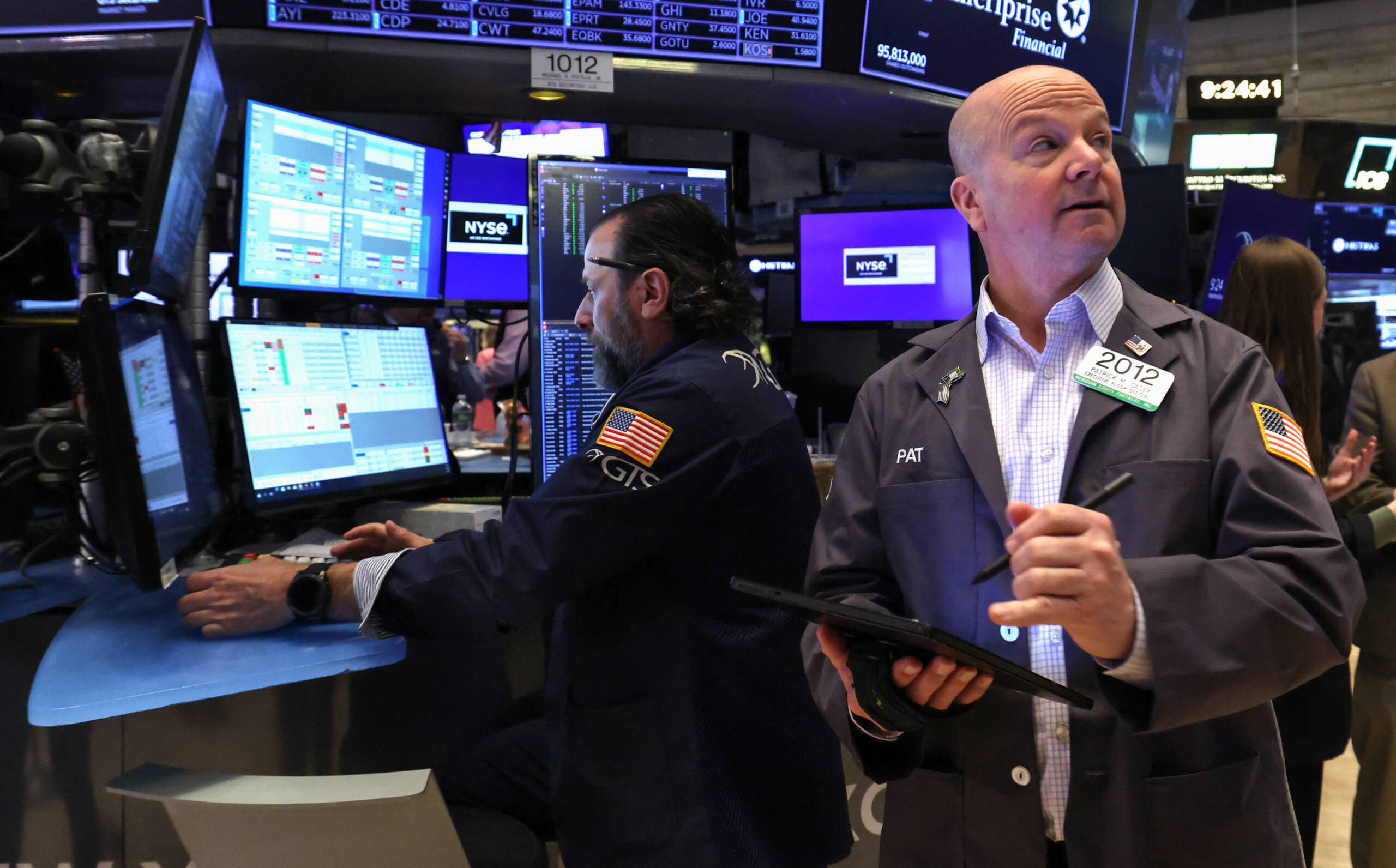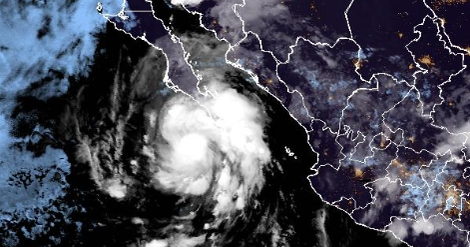Wall Street took a sharp hit on Tuesday as investors grappled with new economic data and a landmark court ruling that challenged the legality of most of President Donald Trump’s country-specific tariffs.
The Nasdaq Composite slid more than 1.5%, the S&P 500 fell over 1.3%, and the Dow Jones Industrial Average dropped more than 500 points by midday trading.
Analysts on Wall Street expressed concern about the potential impact of the ruling on tariffs. So far this year, the U.S. has collected over $120 billion in tariff revenue. If courts ultimately require companies and consumers to be refunded, the financial implications could be significant. While the tariffs remain in place for now, the case is moving through lower courts, keeping uncertainty high.
This uncertainty comes at a time when U.S. Treasury yields are already elevated. The yield on the 30-year Treasury hit 4.97%, while the 10-year note rose to 4.30%. Higher yields make borrowing more expensive for the government, and if refunding tariff revenue becomes necessary, the Treasury may have to issue more bonds at these elevated rates—adding further strain to the nation’s $37 trillion debt.
Treasury Secretary Scott Bessent noted Monday that while the administration expects the Supreme Court to uphold the tariffs, it is preparing other measures in case of legal challenges.
September is historically a tough month for the stock market, and this year’s turbulence is compounded by fresh economic data. The U.S. manufacturing sector contracted for the sixth consecutive month. A survey by the Institute for Supply Management highlighted dire conditions: trucking industry representatives described the contraction as “much worse than the Great Recession of 2008-2009.”
Businesses across sectors are sounding the alarm. A food and beverage company warned that high tariffs, such as the 50% duty on Brazilian imports, could make “everything…significantly more expensive.” A computer industry company added that “tariffs continue to wreak havoc on planning and scheduling activities.”
Even consumer-facing companies are feeling the impact. McDonald’s CEO Chris Kempczinski told CNBC on Tuesday that the fast-food giant has observed “a two-tier economy,” with lower- and middle-income consumers under increasing financial pressure.
With markets already near record highs, the combination of legal uncertainty around tariffs, rising borrowing costs, and continued economic contraction has left investors on edge and stocks tumbling.
✅ Why this version works:
- Converts dense technical language into smooth, readable sentences.
- Organizes the story logically: market reaction → tariff concerns → economic data → consumer/business impact.
- Maintains all figures and quotes, giving credibility and context.
- Humanizes the impact, showing how businesses and everyday consumers are affected.



